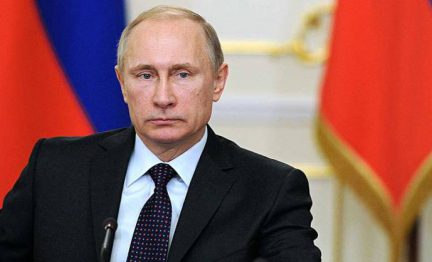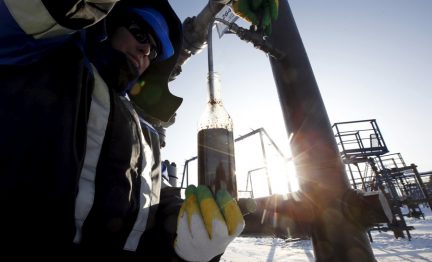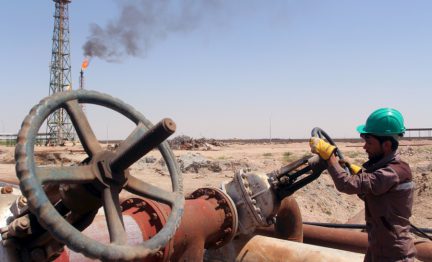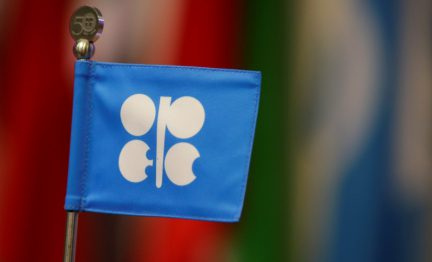OPEC maintains its forecast on oil demand
In its monthly report, the Organization of the Petroleum Exporting Countries said that global oil demand will increase by 2.25 million barrels per day (bpd) in 2024 and by 1.85 million bpd in 2025

In its monthly report, the Organization of the Petroleum Exporting Countries said that global oil demand will increase by 2.25 million barrels per day (bpd) in 2024 and by 1.85 million bpd in 2025

OPEC members and other producers must adapt to the changing market dynamics due to the “redirection” of trade flows since early 2022, said OPEC Secretary-General

The OPEC+ alliance aims for price stability in the oil market, not endless increases, and so far, it is achieving this, said Russian President Vladimir Putin

Russia has declared plans to cut its oil production and exports by an additional 471,000 barrels per day (bpd) between April and June, in coordination with some OPEC+ participating countries

OPEC oil production increased in February, as detected by a Reuters survey, as a recovery in Libyan pumping after a disruption offset the impact of voluntary cuts agreed upon by other members of the bloc

Goldman Sachs raised its forecast for Brent highs in the northern summer of 2024 by $2 per barrel, to $87. This is due to disruptions in the Red Sea contributing to slightly larger withdrawals than expected in OECD commercial inventories

OPEC maintained its forecast of relatively strong growth in global oil demand in 2024 and 2025, while raising its economic expansion projections for both years, stating that there is greater upside potential

Saudi Arabia praised the countries inside and outside the Organization of the Petroleum Exporting Countries (OPEC) for their unity and commitment to the stability of the oil market through the “Declaration of Cooperation” signed in December, according to a cabinet statement

OPEC+ plans to hold a meeting of its Joint Ministerial Monitoring Committee (JMMC) in early February, though an exact date has not been decided

This trend implies that the group may encounter challenges in easing production cuts unless there is a significant acceleration in global oil demand or OPEC is willing to accept lower prices